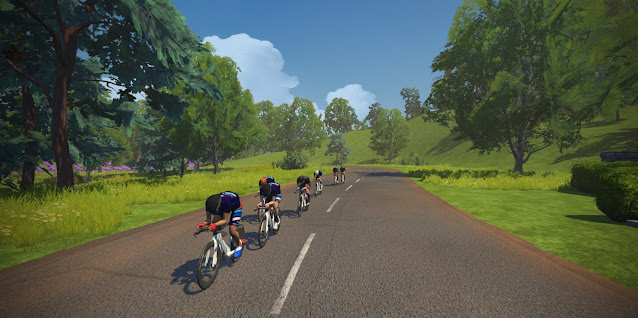Fueling your body for cycling performance
Cycling requires endurance, and endurance requires energy. Carbohydrates are the fuel for that energy. Stored in muscles and the liver as glycogen, carbohydrates are broken down into glucose, which is then used to power muscle contractions. But when glycogen stores run low, cyclists experience fatigue, poor performance, and a higher risk of injury. Carbohydrates must be replenished to avoid these consequences.
There are two types of carbohydrates: simple and complex. Simple carbohydrates include glucose and fructose, providing immediate energy. Complex carbohydrates, such as starch and fiber, offer a more gradual, sustained energy release. The challenge for cyclists is finding the right balance between glucose and fructose intake. Glucose and fructose are absorbed differently into the body, affecting insulin secretion and blood sugar levels. Excessive glucose can cause a spike in blood sugar and insulin, leading to hypoglycemia, while too much fructose can cause gastrointestinal issues and impair liver function.
Studies suggest that a 2:1 ratio of glucose to fructose is optimal for cycling performance. This means that for every 2 grams of glucose, cyclists should consume 1 gram of fructose. By doing this, they can maximize the absorption and oxidation of carbohydrates while minimizing the negative effects of either sugar. Cyclists can get their carbohydrates from sports drinks containing maltodextrin (aka: glucose) and fructose, energy gels containing glucose syrup and fructose, bananas, or honey. Plain table sugar (50% glucose & 50% fructose) can be used if desired. Pro: inexpensive, no blending; Con: 1:1 ratio and very sweet taste.
Cyclists should experiment with different sources and amounts of carbohydrates to find what works best for them. They should also consider factors like hydration, electrolytes, protein, fat, fiber, vitamins, minerals, and antioxidants that can affect their performance and recovery. By consuming the right carbohydrates before, during, and after exercise, cyclists can maintain their energy levels, prevent fatigue, enhance their performance, and speed up their recovery. Carbohydrates are a key aspect of sports nutrition for cycling performance.
General Recommendations:
For those engaged in rigorous training or daily competition, it's recommended to consume 6 to 10 grams of carbohydrates per kilogram of body weight. Timing and type of carbohydrates can differ for each athlete, so experimentation is necessary to find what works best.
Prior to exercise, a meal with 1 to 2 grams of carbohydrates per kilogram of body weight is advised, especially for those who have fasted for an extended period. Foods that have minimal indigestible material and lower fat content are preferable to optimize digestion and hydration.
During endurance exercise, consuming 60 to 90 (or higher if tolerated) grams of carbohydrates per hour is necessary to maintain glucose levels and uptake. Drinking 600 to 1,200 milliliters of a 6 to 8% carbohydrate sport drink per hour can help achieve this. It is also strongly recommend to add electrolytes to your water intake such as Nuun tablets.
After training or competition, ingesting at least 1.5 grams of carbohydrates per kilogram of body weight is recommended. Glycogen resynthesis can be promoted by consuming 1.2 grams of carbohydrates per kilogram of body weight every 30 minutes for a period of 5 hours. Waiting for a couple of hours after strenuous exercise before consuming carbohydrates can significantly reduce glycogen recovery rates. Restoration of maximal glycogen levels can occur within 24 hours with a dietary carbohydrate intake of 8 grams per kilogram per day.



Comments
Post a Comment